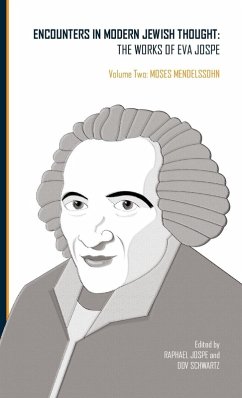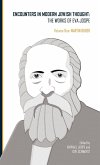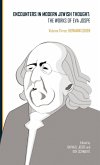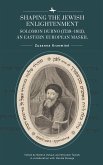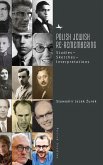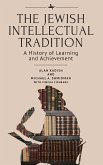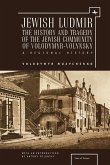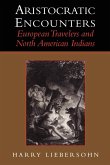The second of a three-volume series, this book contains Eva Jospe's Moses Mendelssohn: Selections from His Writings, together with an article dealing with Mendelssohn's enduring significance. As Raphael Jospe observes in his introduction to the volume, despite the welcome growth in recent years in the availability of English translations of Mendelssohn's works, Eva Jospe's Selections (including some of Mendelssohn's private letters) remain valuable for their clarity, for the logic of their organization, and for the important insight they provide into Mendelssohn's personality and convictions. Volume One of this series contains Eva Jospe's study of the "Concept of Encounter in the Philosophy of Martin Buber," and Volume Three her Reason and Hope: Selections from the Jewish Writings of Hermann Cohen. Together, these volumes offer a multidimensional view of Jospe's work and thoughts.
Hinweis: Dieser Artikel kann nur an eine deutsche Lieferadresse ausgeliefert werden.
Hinweis: Dieser Artikel kann nur an eine deutsche Lieferadresse ausgeliefert werden.

